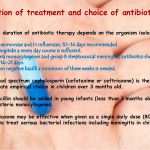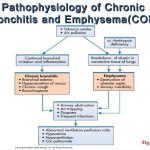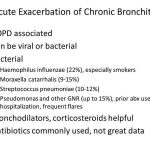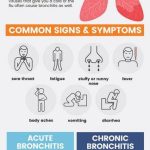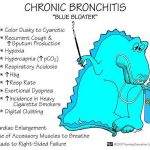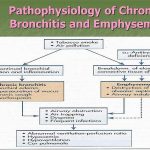
Infection associated with acute exacerbations of chronic bronchitis is usually localized to the pulmonary mucosa. Most bacteria that infect the bronchial tree either reside as commensal organisms in the nasopharynx (e.g., H. influenzae) or act as opportunistic pathogens invading hosts with suppressed immune systems (e.g., P. aeruginosa). Mucosal infections are usually superficial, and most bacteria reside in the lumen, associating with mucus or other secretions. Some pathogenic bacteria adhere to the epithelial surface, particularly in areas of epithelial damage, while others infiltrate the mucosa.
